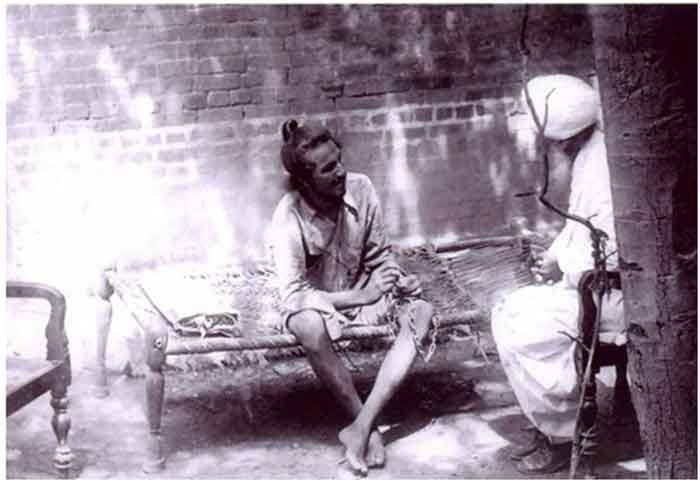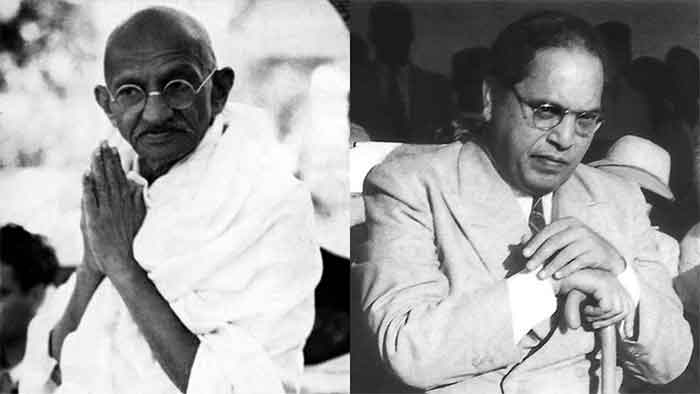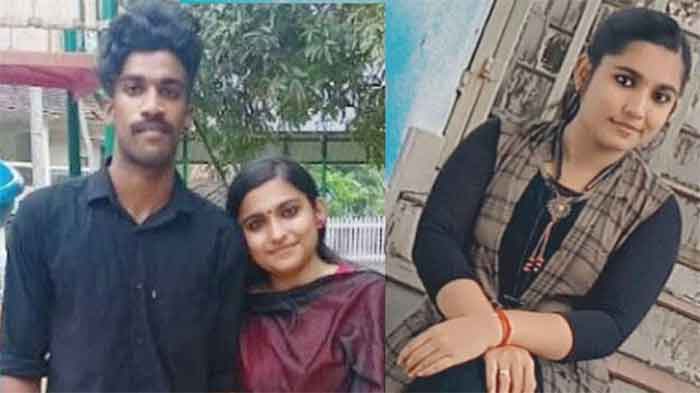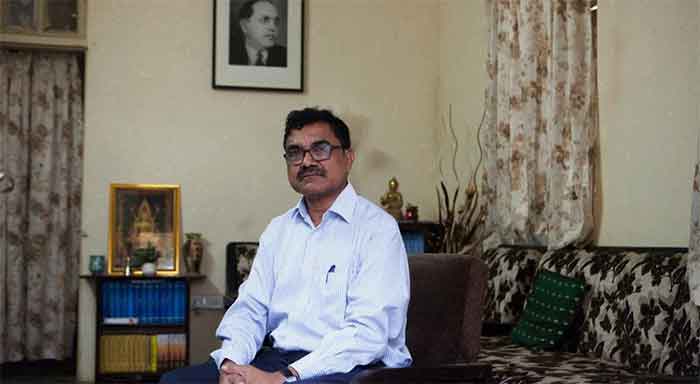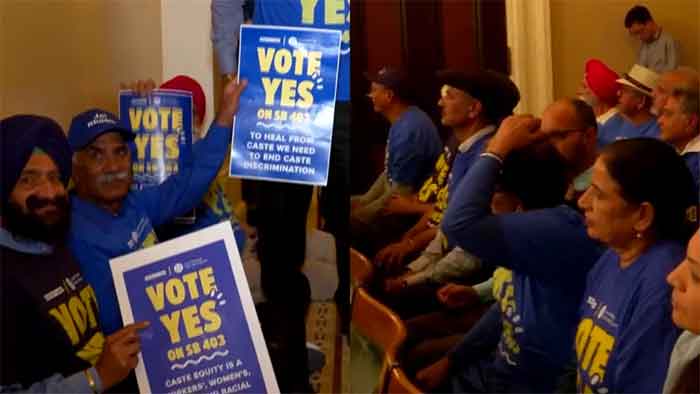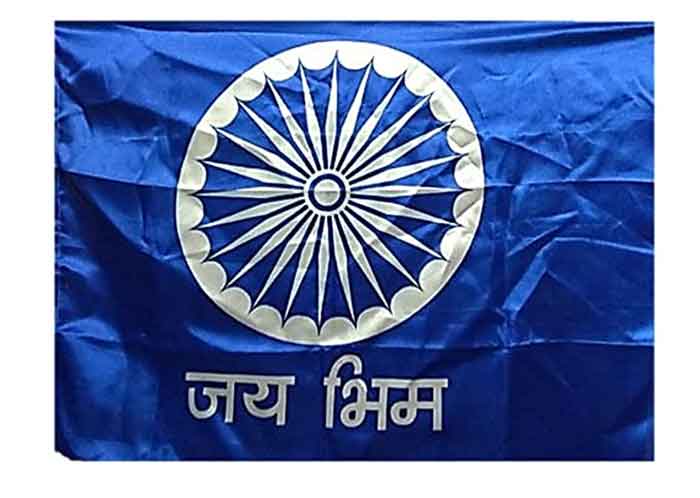
Ambedkarite movement is a term most Dalits, Bahujans, Activists, Academia from Social Sciences and Political fraternity are aware of. This has been and will be used abundantly in their writings, speeches, slogans etc. No one can in totality define ‘Ambedkarite Movement’ but one surely knows what it means in their respective domain. Having travelled enough, after meeting abundance of activists, scholars, political personalities and reading ample books I can honestly say, no one is competent enough to define it. Rather I would say it is fruitless to define it in totality, but important to understand it in the relative context of use.
Everyone uses this term in their domain, in their own context of, socio-politico-cultural as well as geographical ideas. Across the spectrum, I noticed everyone knows and says something on the lines of “ it is important to do some work for the movement, something has to be done to take the movement ahead, I am a small part of this big movement, ….etc”. The concerns I have is, what is that some work?, what is the something to be done, what is the size of this movement, what issues is the movement facing… Everything is relative in this context and hence has no clarity of anything. Expect 100% dedication, emotion, admiration, glorification and following of Ambedkar, and to some extent about his work being taken ahead.
No one has a clear idea of the origin of this movement, and hence no clear end. For everyone, the genesis of this movement is Ambedkar himself. Many in Maharashtra want to have Prabuddha Bharat (Buddhist India), while (now few) people in Uttar Pradesh want to have a Dalit Prime Minister. While some talk it is implementing the Constitution of India and wanting Preamble to be read at every event, others are motivating meritorious students to pursue foreign education. Someone visions it as an atrocity-free India, while someone is fighting to secure land for the toilers. The best part, everyone calls their work as ‘movement’ but they don’t come together, neither to talk nor work out a common agenda.
The rainbow of Ambedkar’s work is so vast that everyone picked up a colour of their choice plus ease and started working towards a self-defined goal. Post December 1956, a lot of work has surely been done. Changes are visible. Ambedkar started newspapers and wrote books, many followed this path. He also founded political parties, today there are countless in his name. As a lawyer he strived to get justice for his people, many desired to do the same but sadly most ended up as ‘Affidavit lawyers’. His conversion to Buddhism being the last major step of his life, many feel this should be the ultimate goal. Being the Chief Architect of the Constitution, some want to take this path towards justice, liberty and equality for the people.
Fruits of this labour and sacrifices have been shared and distributed amongst the community. A generation who took this work ahead, post Ambedkar, is now part of history. The new entrants are expected to take the wheel ahead. But strangely, their emotion, dedication, and desire to do so is now fading. Many have made it a ritual while forgetting that Ambedkar himself would have not liked ritualisation.
Few points I noted at many gatherings are:
- Adjectives: The speaker wants to add 10+ adjectives before he calls on the name of Ambedkar. Because this invites more claps and proves oratory skills. Would also call on names of maximum leaders from the past and pay homage to them. (Good to do so, but what are you wanting to speak, come to the point)
- Dates: The speak will keep going back in history with dates, mention incidents, talk of the relevant leaders of those days and everything that the audience already knows. Some in the audience may know more and better. This is accompanied by variations in tone, pitch, and volume to attract audience attention.
- Animosity: This emotion is hot seller. The speaker would love to call on names of historical and current leaders, political parties, religions, religious leaders etc to install negative thoughts in listeners’ minds. A speaker’s views need not be facts but the audience takes them as facts and goes back with negative vibes and mind.
- Solution: This is near absent. Rarely a plan of action is proposed.
- Conclusion: The speaker will say, due to shortage of time I cant speak more while I wished to talk more, I end my talk and again would take a good amount of time to express gratitude to Ambedkar, thank the organisers and team.
Movement as a word can be understood in two perspectives:
- a group of people who have the same aims or ideas
- a general change in the way people think or behave
While the group is present, the change is invisible. Rhetoric speeches combined with regularised rituals have sacrificed the collective intelligence of the community. Economic progress has given a pathway to glamour, power and display of strength at events. Like the oppressor castes, Ambedkarites are also focusing on the virality of their content, glamour, animosity towards someone/political party/religion etc.
The movement has become ritualist and reactionary now. Necessity is the mother of invention read innovation. With economic empowerment came access, physical untouchability is near extinct, inter-faith marriage gaining momentum, and the Ambedkarites have found a comfort zone which their previous generation lacked and fought for. Innovation has come to stand still.
The fear is this attitude may help in the appropriation of Ambedkar by the very forces he opposed. Lets not wait for that day.
Vivek Sakpal is an Ambedkarite publisher

